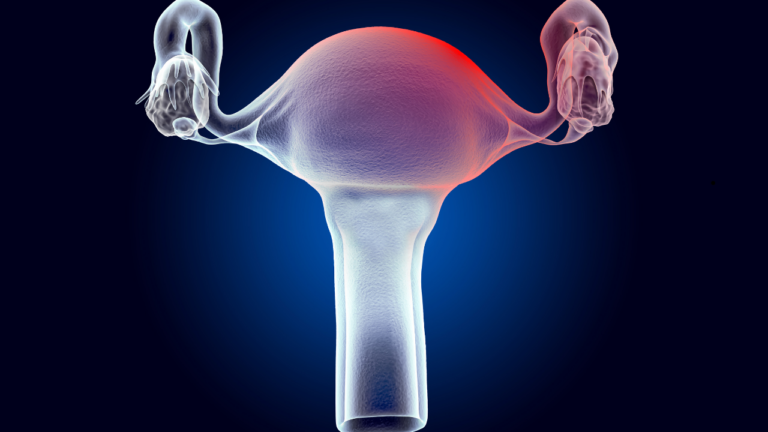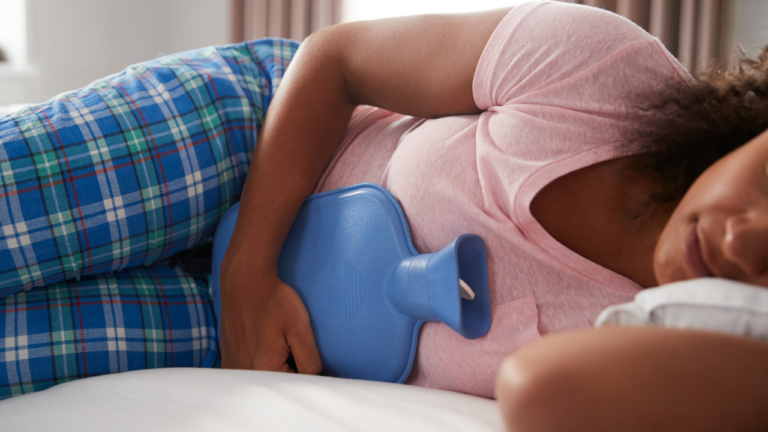Perimenopause/Menopause Guide for CrossFitters

Perimenopause and menopause can bring about significant changes in a woman’s body, including hormonal fluctuations and potential changes in exercise performance.
As a CrossFitter, it’s essential to understand how these changes may affect your training and how you can adapt your fitness routine to support your overall well-being during this stage of life.
Here are some tips for CrossFitters navigating perimenopause and menopause:
- Understand the stages: Perimenopause is the transitional phase leading up to menopause and can last for several years. Menopause is officially reached when a woman hasn’t had a menstrual period for 12 consecutive months. It’s crucial to recognize that every woman’s experience is unique, and the timing and symptoms can vary.
- Communicate with your coach: Inform your CrossFit coach about your changing hormones. This will help them understand any potential challenges you might face, such as fluctuations in energy levels, changes in recovery time, or modifications needed for certain exercises (including the need to add in more heavy lifting).
- Adapt your training: Be mindful of how your body is responding to your workouts. You may notice changes in energy levels, strength, and endurance. Adjust your training intensity and volume accordingly to allow for proper recovery. Incorporate rest days, low-intensity workouts, or active recovery sessions to support your body during this time.
- Strength train: Resistance training is crucial for maintaining bone density and muscle mass, which can decline during menopause. While most CrossFit classes incorporate some strength training, during this stage of life you may require more. Consider turning your metcons into additional strength pieces, or add in additional heavy lifting 1-3 times per week.
- Prioritize recovery: Hormonal fluctuations during perimenopause and menopause can impact your recovery and energy levels. Ensure you’re getting enough sleep, as it plays a vital role in hormone regulation and overall well-being. Do your research on supplements that help manage cortisol (which goes us as estrogen goes down) as well as supplements that may help you sleep more soundly.
- Optimize Nutrition: Adjusting your nutrition to support hormonal changes is crucial. Include a balanced diet with plenty of fruits, vegetables, adequate protein (most likely more than you think you need!), and healthy fats. Some women find it helpful to reduce caffeine and alcohol consumption, as these can exacerbate symptoms such as hot flashes and disrupt sleep.
- Mobilize: Hormonal changes can affect joint mobility. Incorporate regular stretching and mobility exercises into your routine to maintain range of motion and prevent injury. Yoga, Pilates, or dedicated stretching/mobility sessions can be beneficial.
- Manage stress: Menopause can be a stressful time due to the physical and emotional changes it brings. Prioritize stress management techniques such as meditation, deep breathing exercises, or engaging in activities that bring you joy and relaxation. CrossFit metcons can also increase cortisol levels – if you find you’re more anxious or gaining unwanted body fat, consider performing true HIIT workouts 2-3 times per week at most.
- Embrace self-care: Menopause is a natural part of life, and it’s essential to care for yourself holistically. Focus on self-care practices that support your mental, emotional, and physical well-being. This may include massage therapy, acupuncture, regular check-ins with friends, or engaging in hobbies you enjoy.
- Connect with like minded women: Surround yourself with a supportive community, both inside and outside the gym. Connect with other women who are going through similar experiences. Sharing experiences and knowledge can be empowering and provide a valuable support network.
Remember, every woman’s experience with perimenopause and menopause is unique, so listen to your body and make adjustments to your fitness routine as needed. By understanding and embracing the changes that occur during this phase of life, you can continue to lead an active and fulfilling CrossFit journey.
Did you know we have a track designed just for CrossFitters going through perimenopause and menopause? Called Level M (for menopause), it incorporates the latest science on how to optimize training to thrive through what can often be a very challenging time in a women’s life.






